Head of Strategy #dxfutures
Working with companies to design their future, DxLabs created a Sci-Fi storytelling platform called DxFutures, featuring a collection of illustrated sci-fi short stories about the impact of exponential technologies on our society.
In September 2018, we held a fireside chat on the topic: "How CRISPR and Artificial Wombs Might Change Our Lives" with a group of engineers, designers, and reproductive scientists contemplating a future when humans are engineered.
We discussed the implications of genetic engineering and artificial wombs on society in a room filled with leading biomedical engineers, scientists, and designers. We talked about birth, life, love and death — the full human cycle, in the context of a Gattaca or Aldous Huxley’s Brave New World, if artificial wombs were to become commonplace.
It took us a step into a dystopian novel, like Huxley’s Brave New World, to step out with a better idea of what we actually want for humanity in our future.
The fireside started with a live Sci Fi reading by Alexandra Whittington, a Futurist and the author of Lotus Life, a story about a girl’s exploration into the newfound artificial womb forefront both as it settles into society and finds its way into the personal relation of her own life. Our protagonist questions if the advent of artificial childbearing would give birth a new culture, and this was the thesis and focus for our fireside panel discussion.
During the fireside, we addressed three main topics:
1. The future of birth and artificial wombs will impact what it means to be a woman in society.
2. Since CRISPR has hit the scene, genetic engineering is more specific, costs less and is much faster.
3. Artificial wombs can create future culture wars and influence the pro-life/pro-choice schism.
2. Since CRISPR has hit the scene, genetic engineering is more specific, costs less and is much faster.
3. Artificial wombs can create future culture wars and influence the pro-life/pro-choice schism.
The team ran a whiteboard session to have our guests contemplate the future of artificial wombs to facilitate the fireside chat, posting their fears, hopes and questions on an Artificial Wombs & CRISPR entrance board.
1. The future of birth and artificial wombs will impact what it means to be a woman in society.
What do you think would be the societal impacts of artificial wombs on what it means to be a female?
Can you imagine having a child outside of your uterus as a female?
What do you think would be the legal and political implications of a birth that is no longer tied to the female body?
2. Since CRISPR has hit the scene, genetic engineering is more specific, costs less and is much faster.
What do you think can balance our approach to genetic modifications, considering both productive enhancements as well as the imperfections that make us human?
3. Artificial wombs can potentially create future culture wars.
Will there be a discrimination perspective of natural births vs artificial?
How will cost play a role in accessibility?
See responses and full case study here.
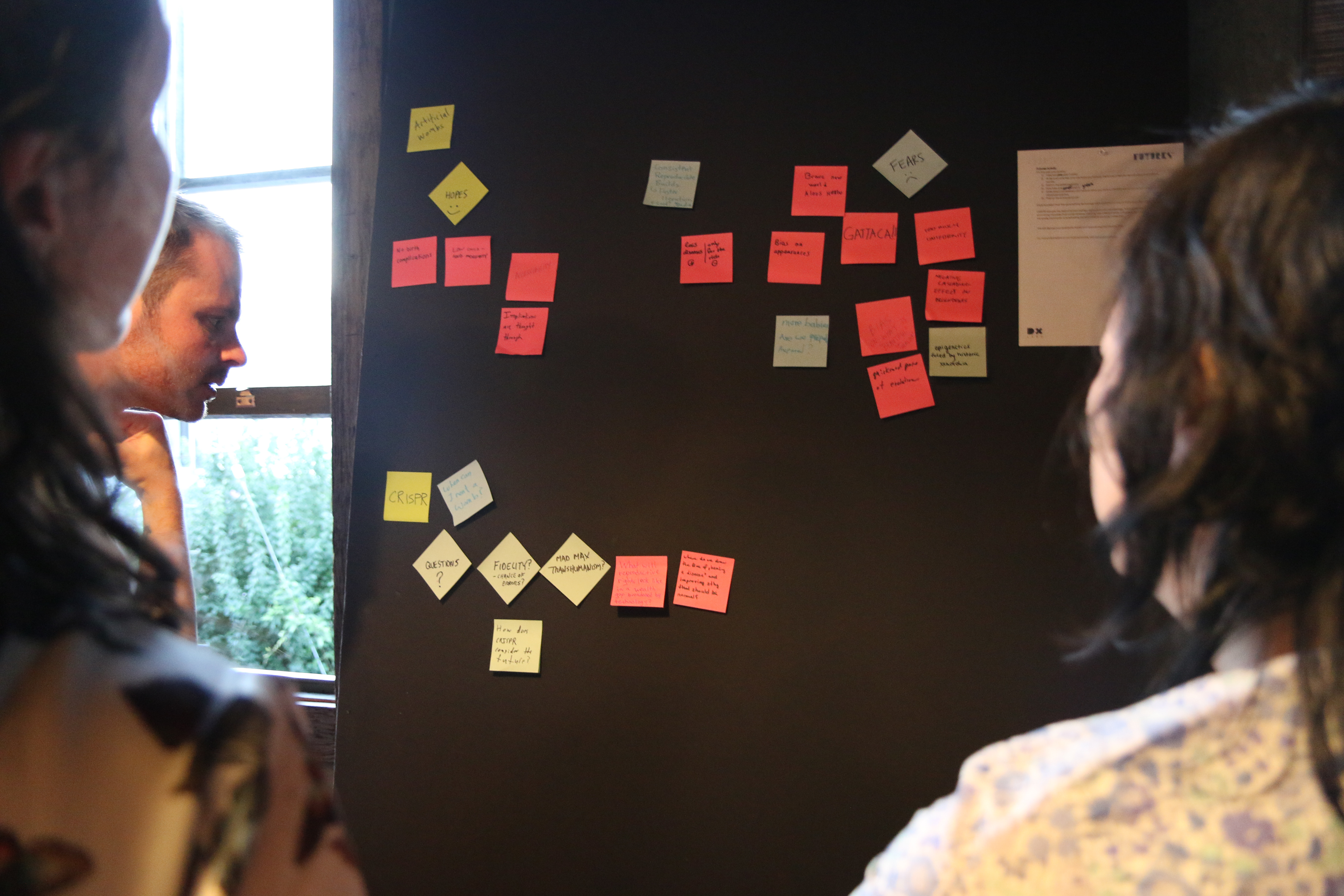
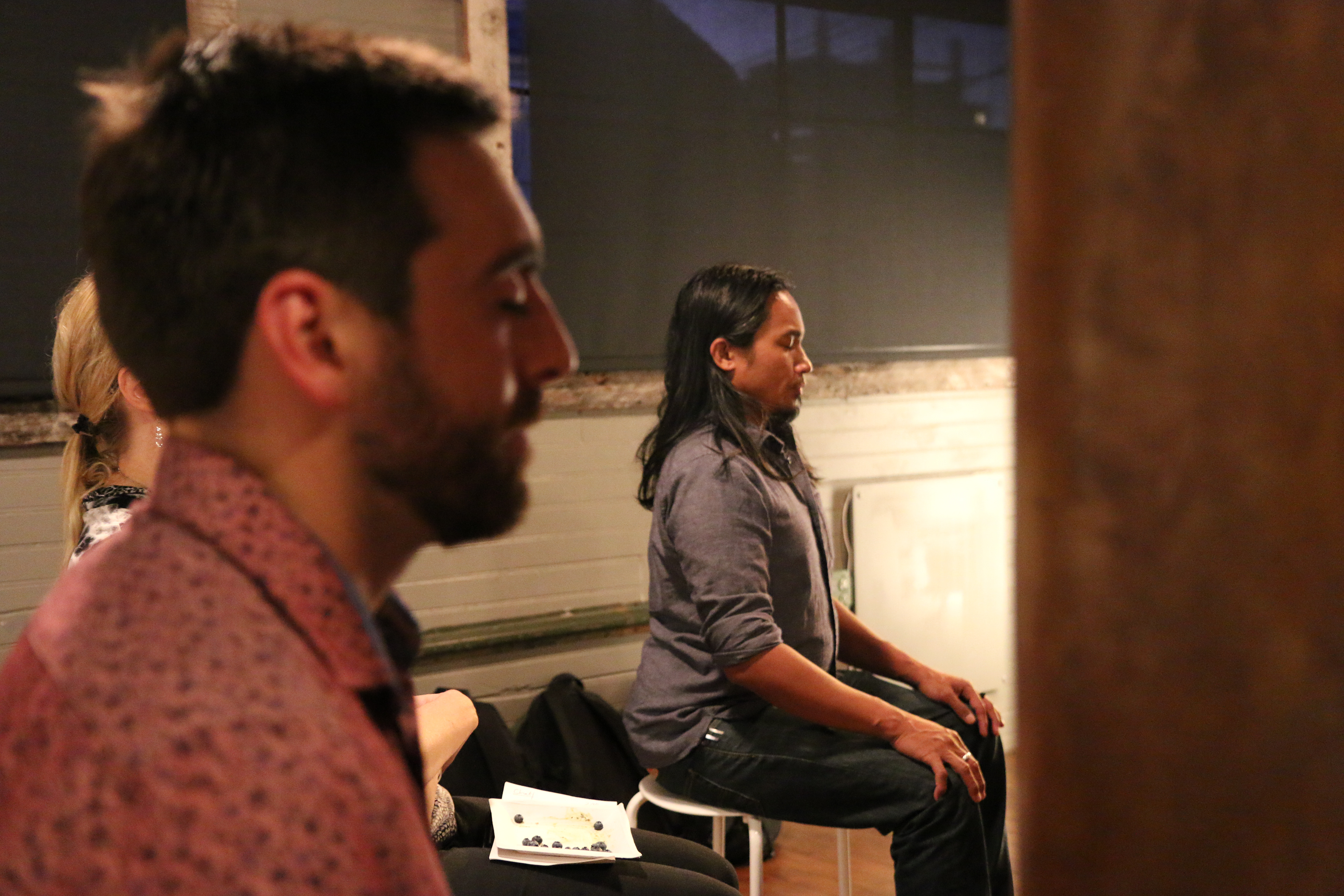
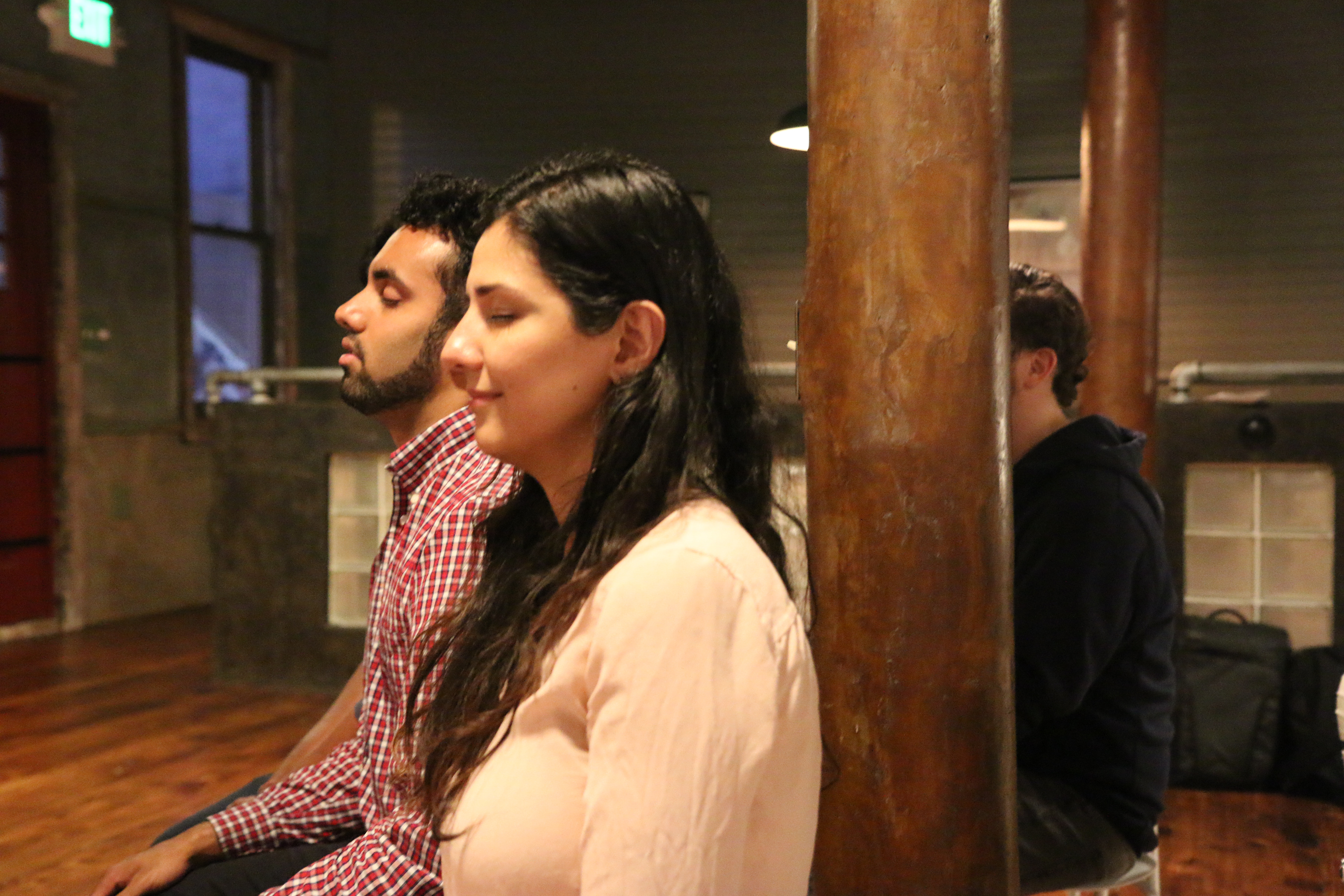
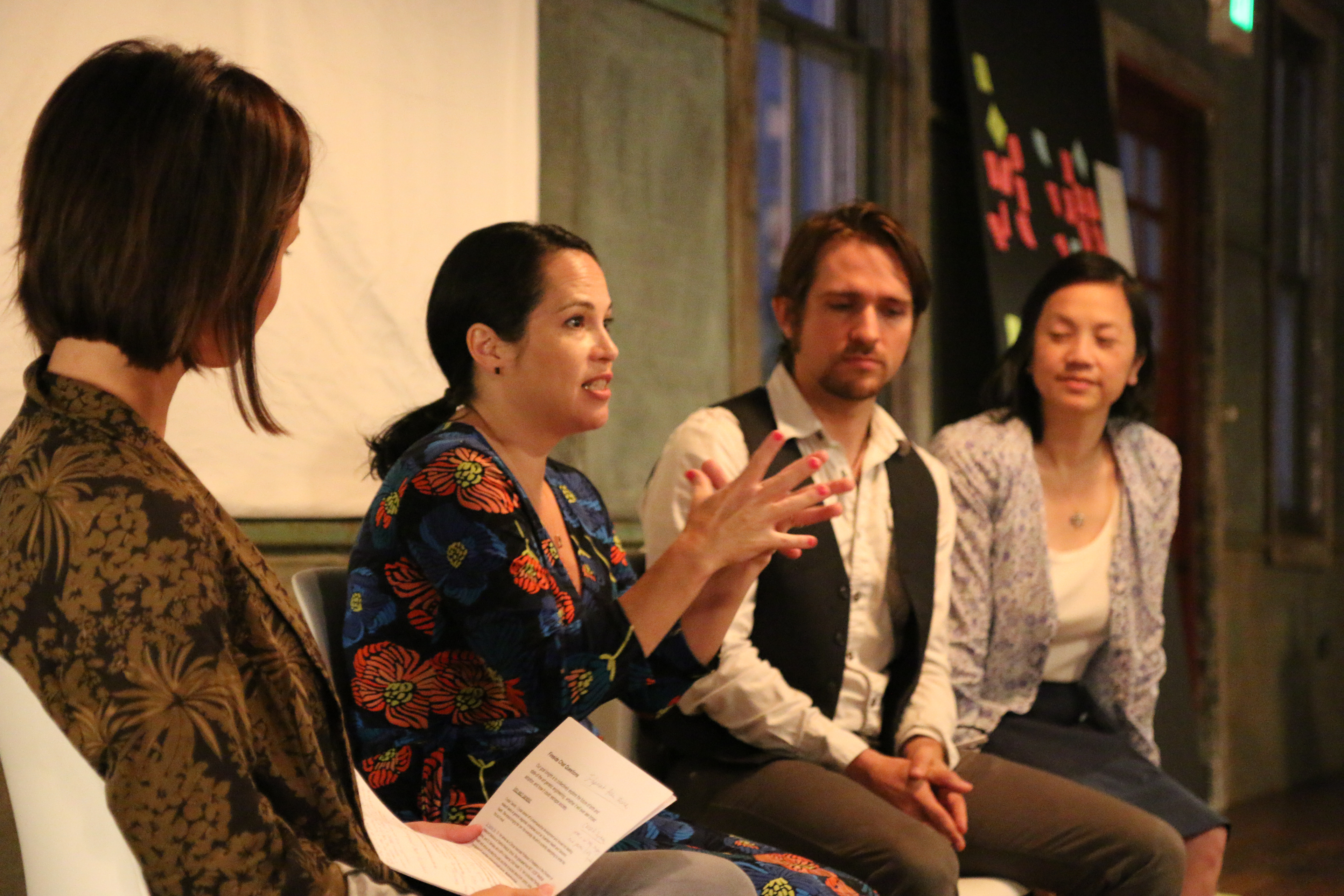
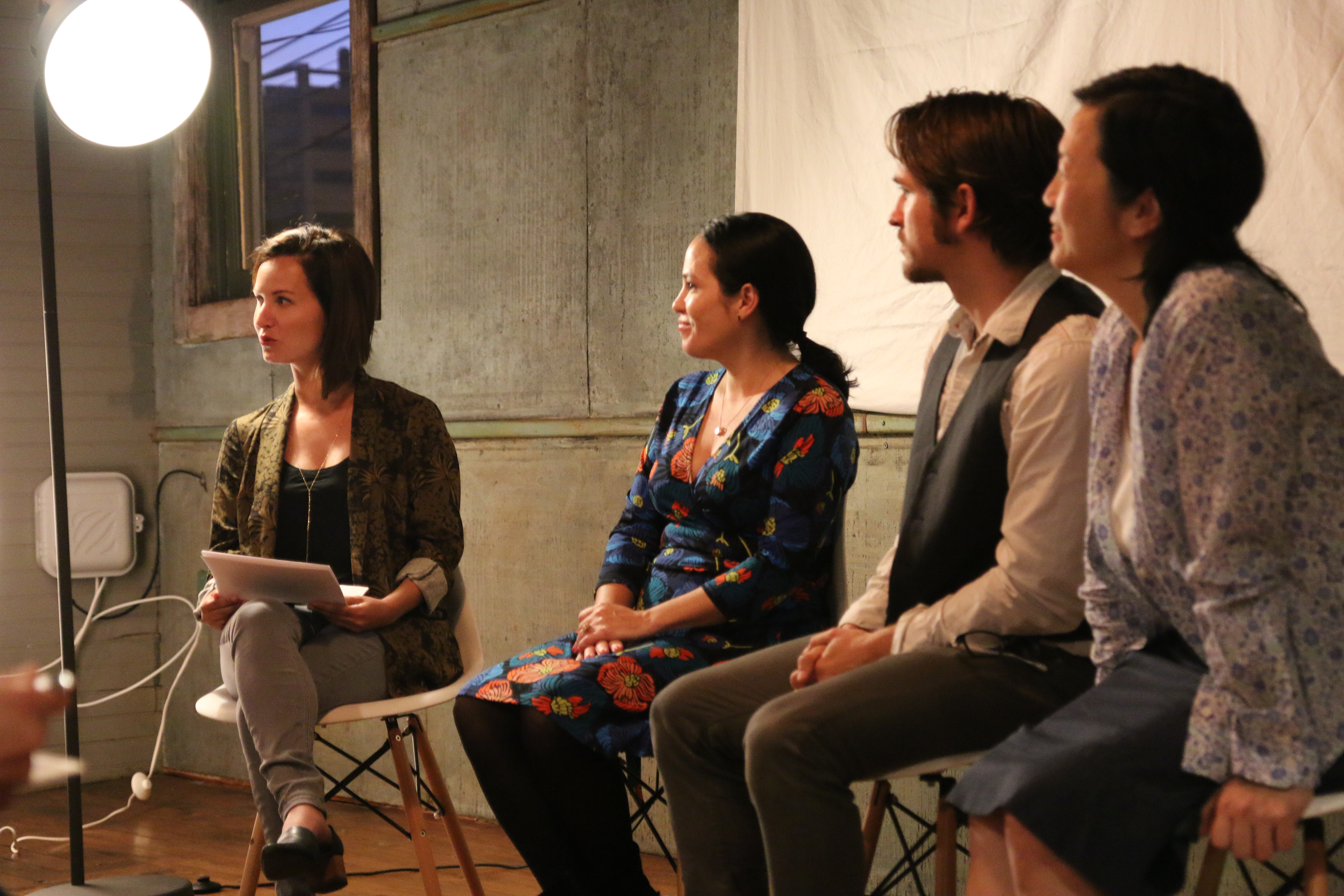
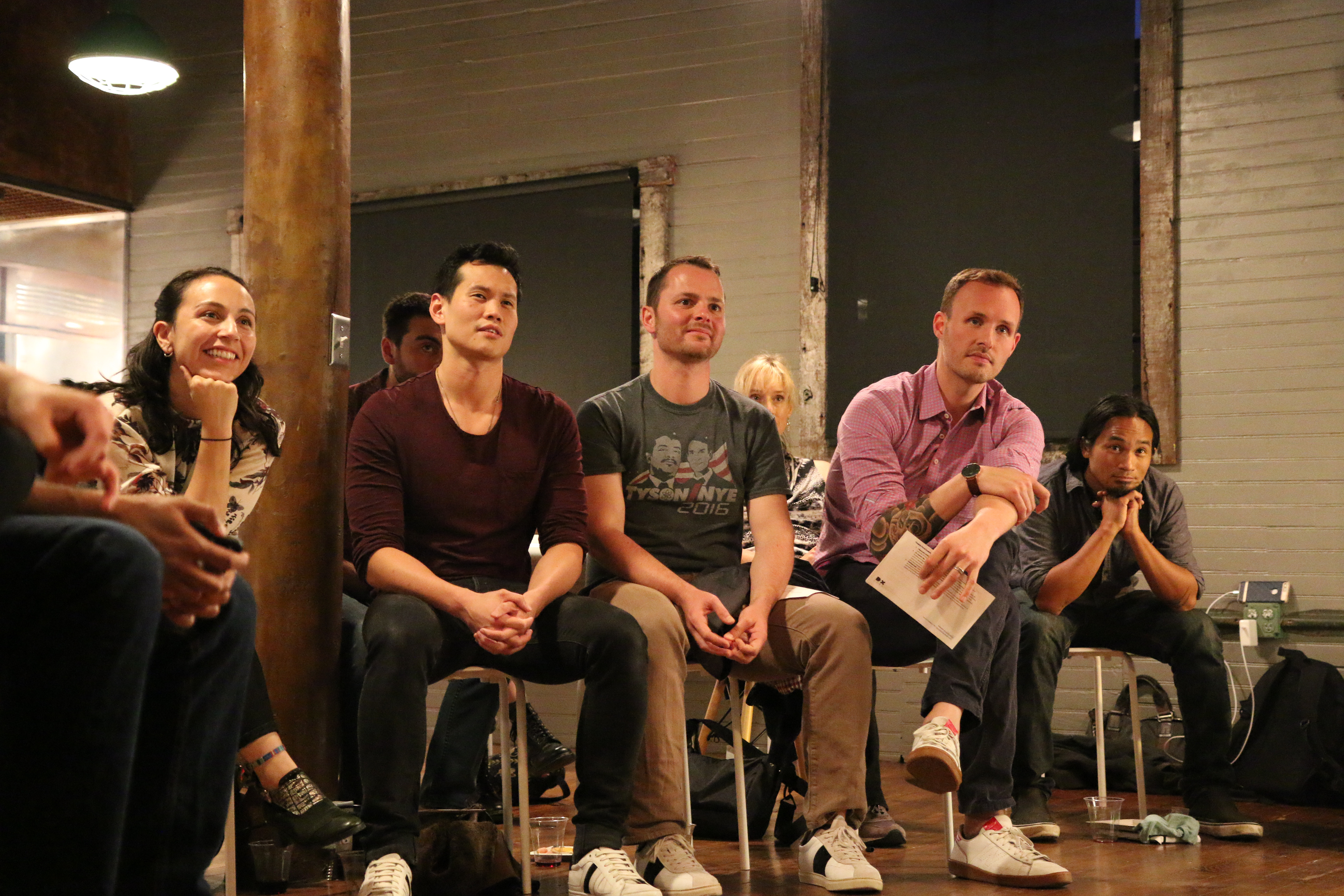
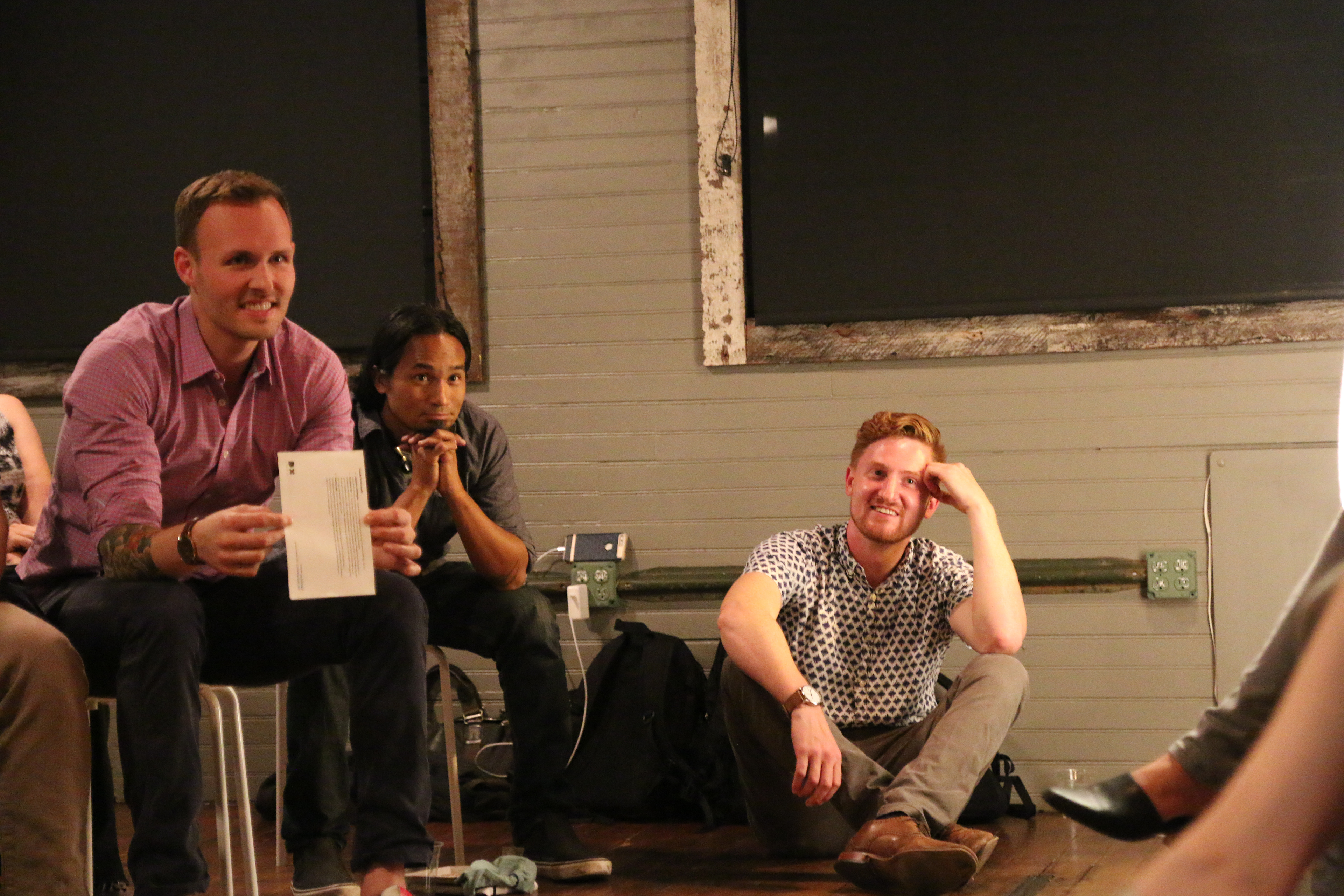
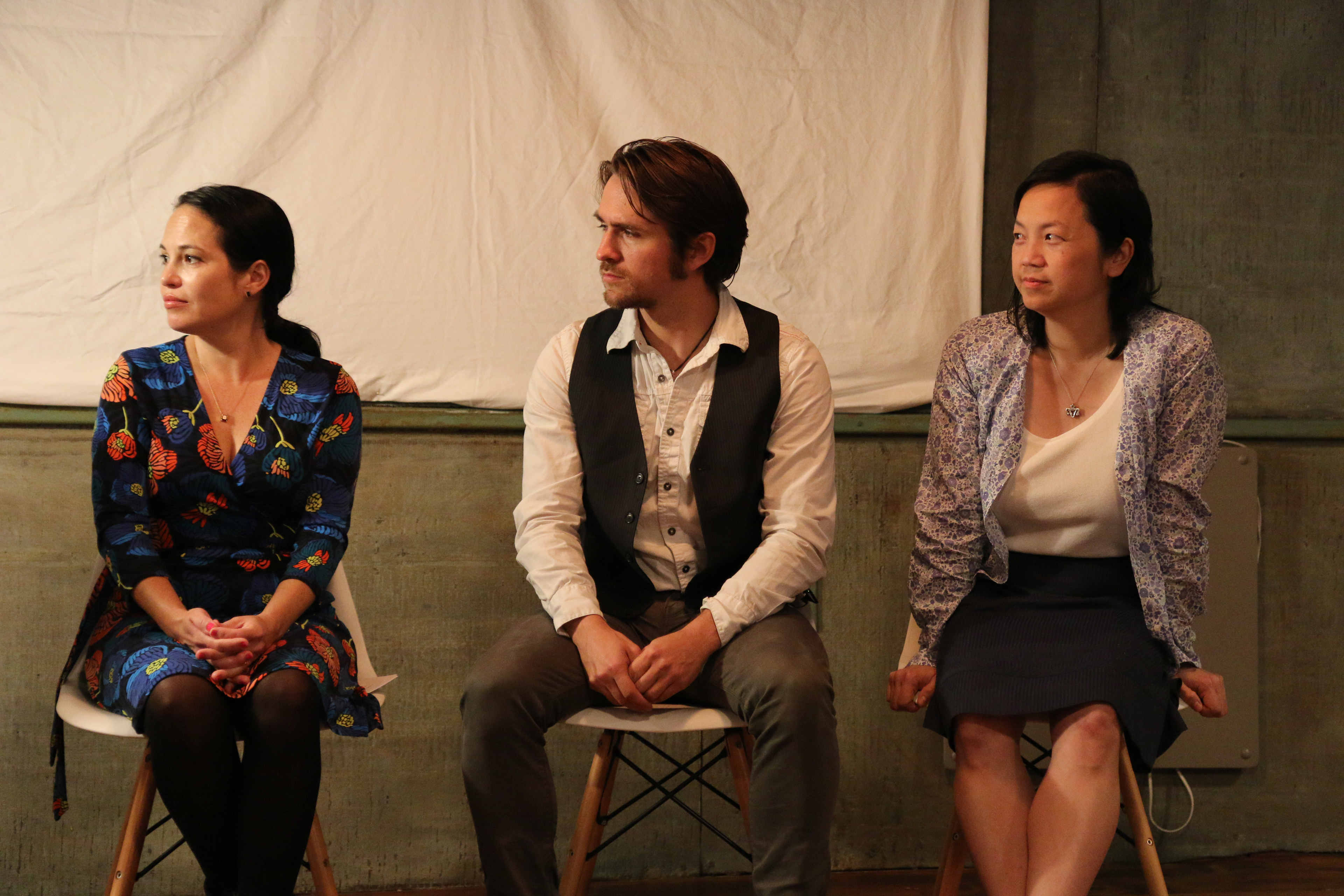
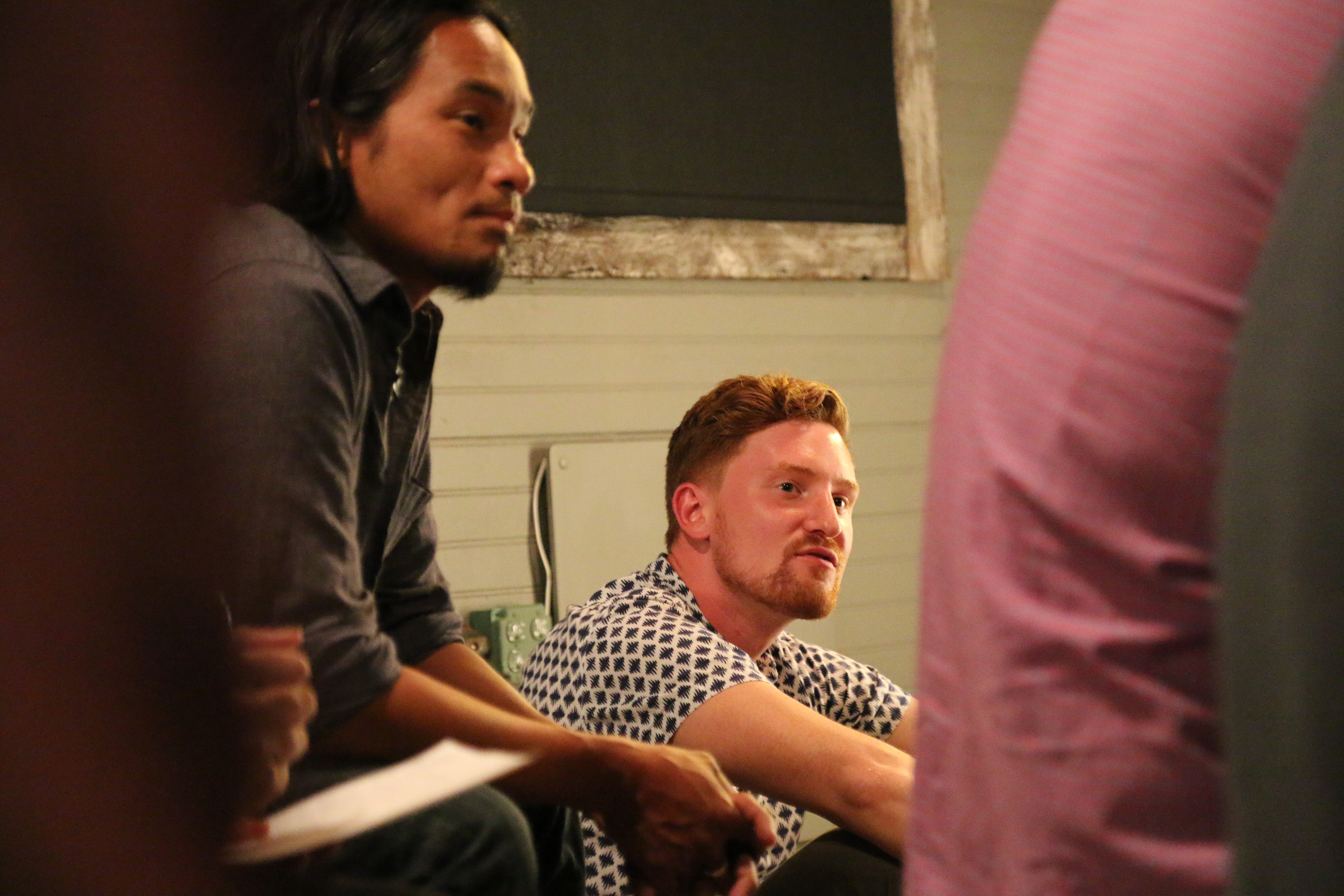
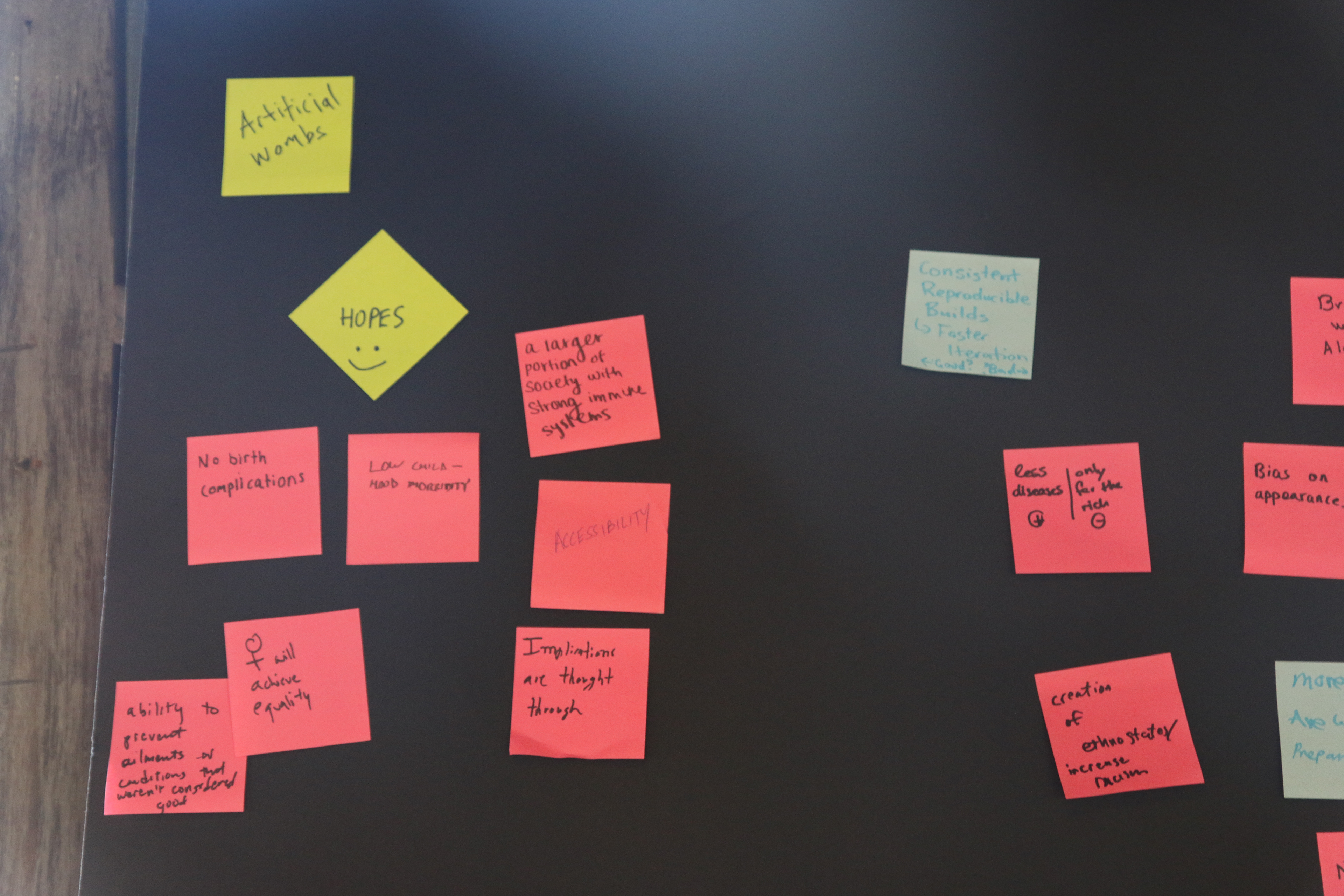
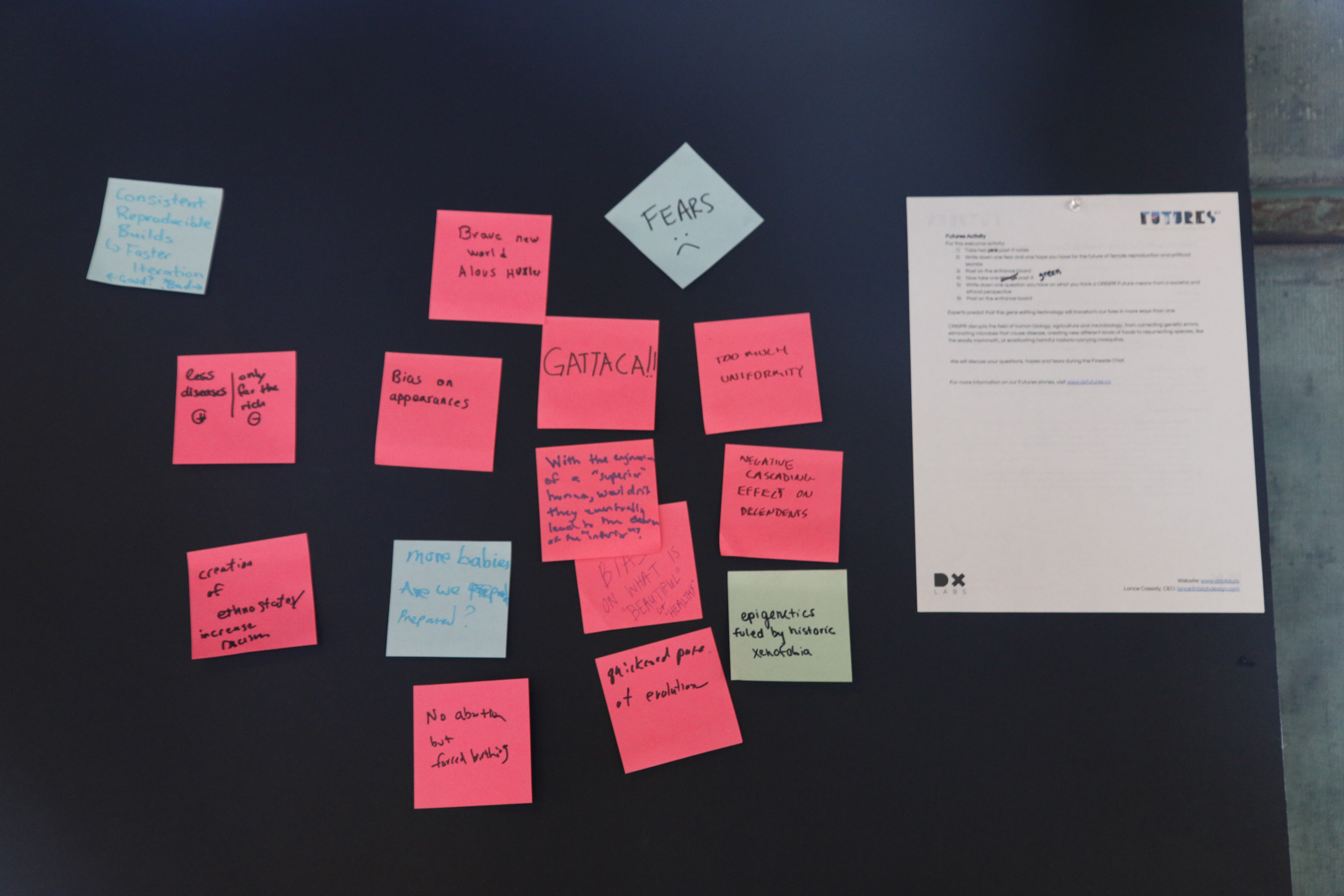

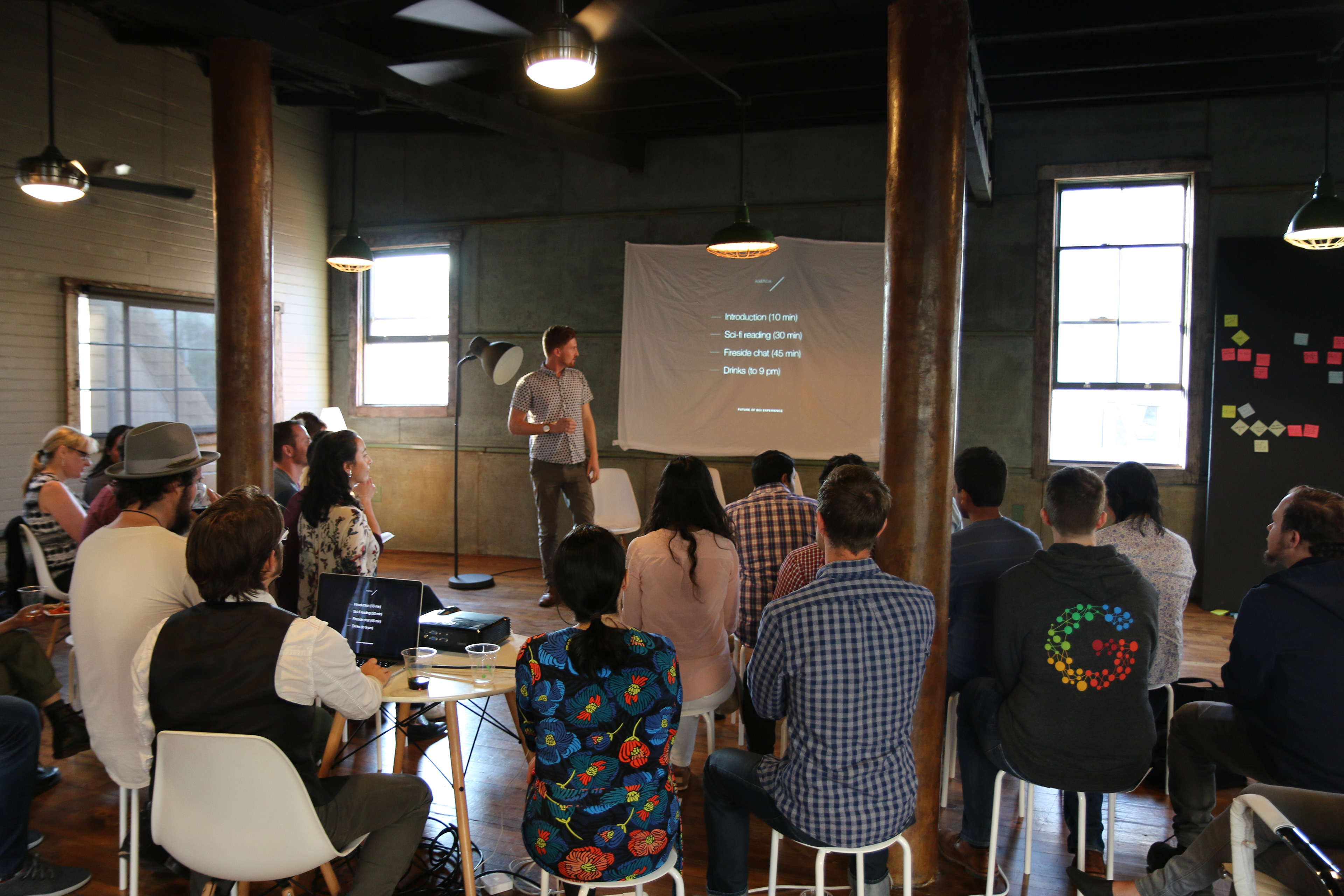
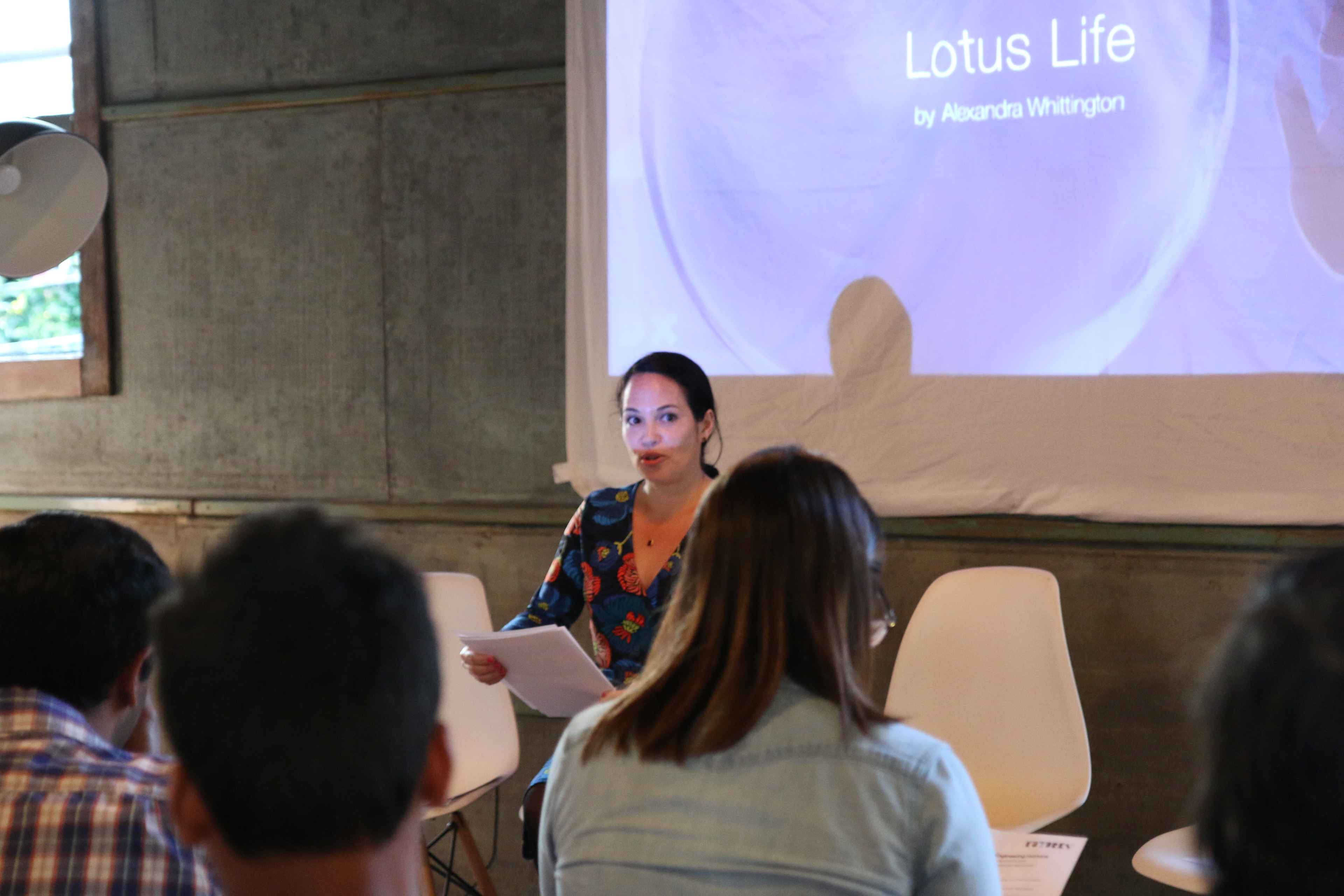
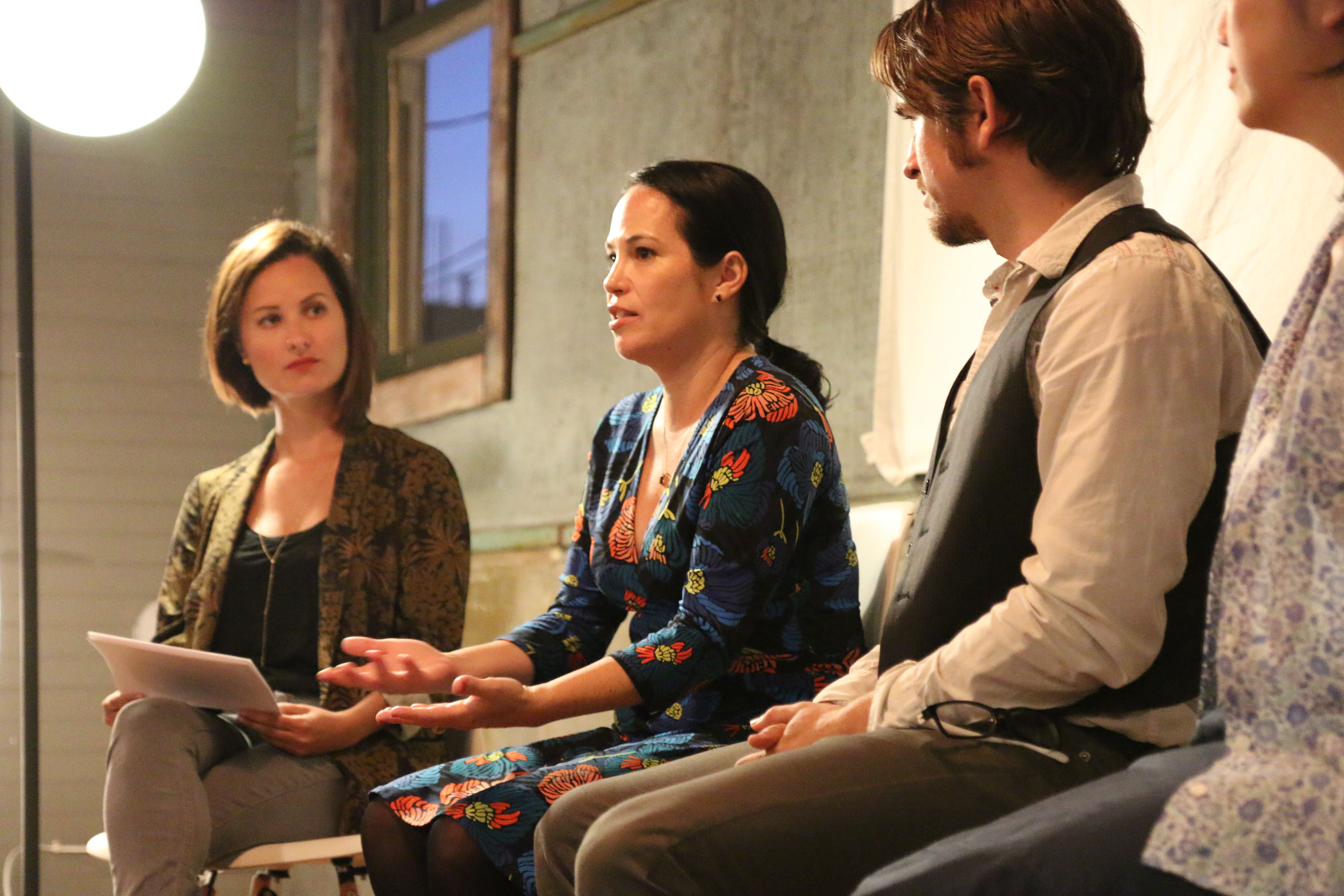
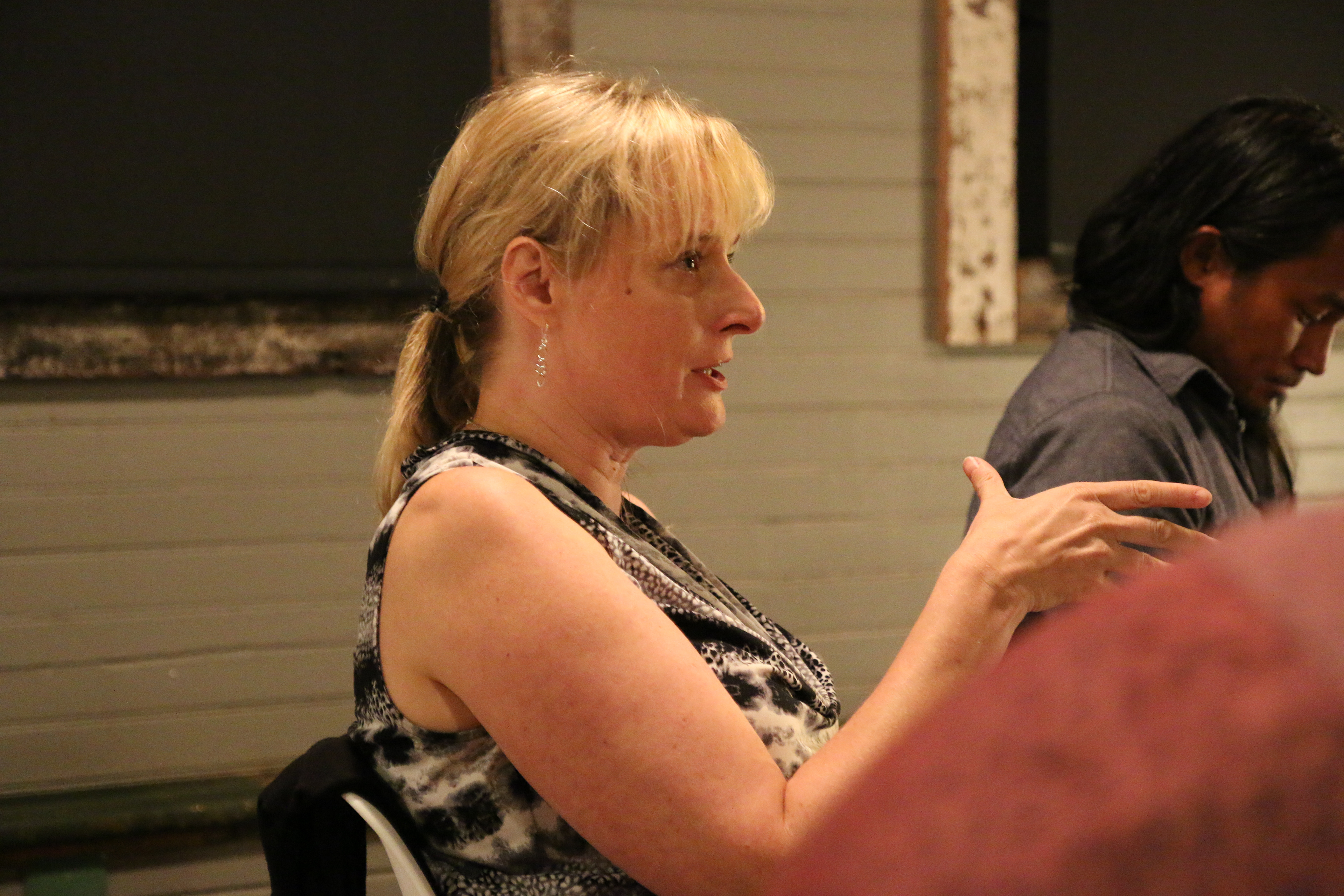
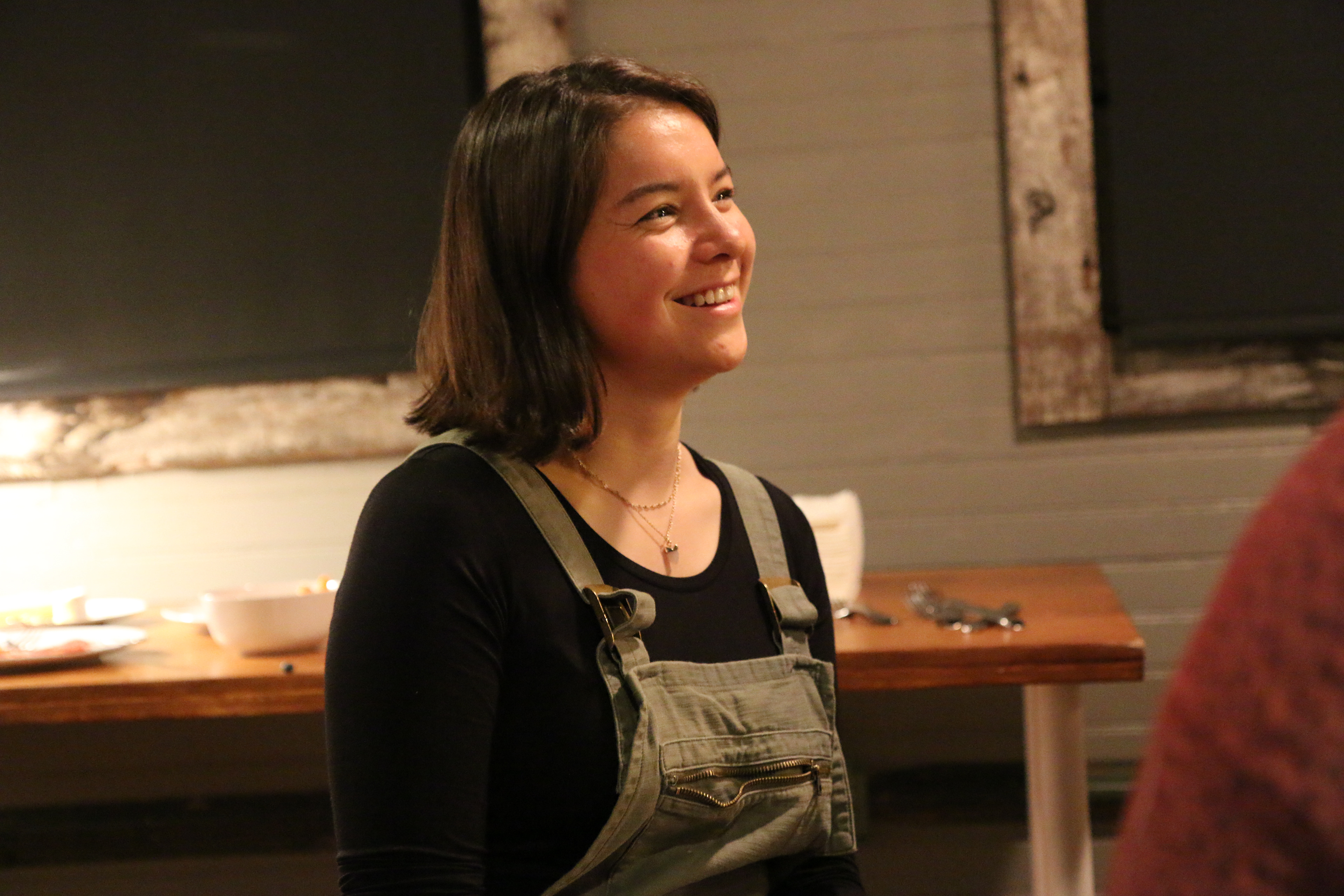
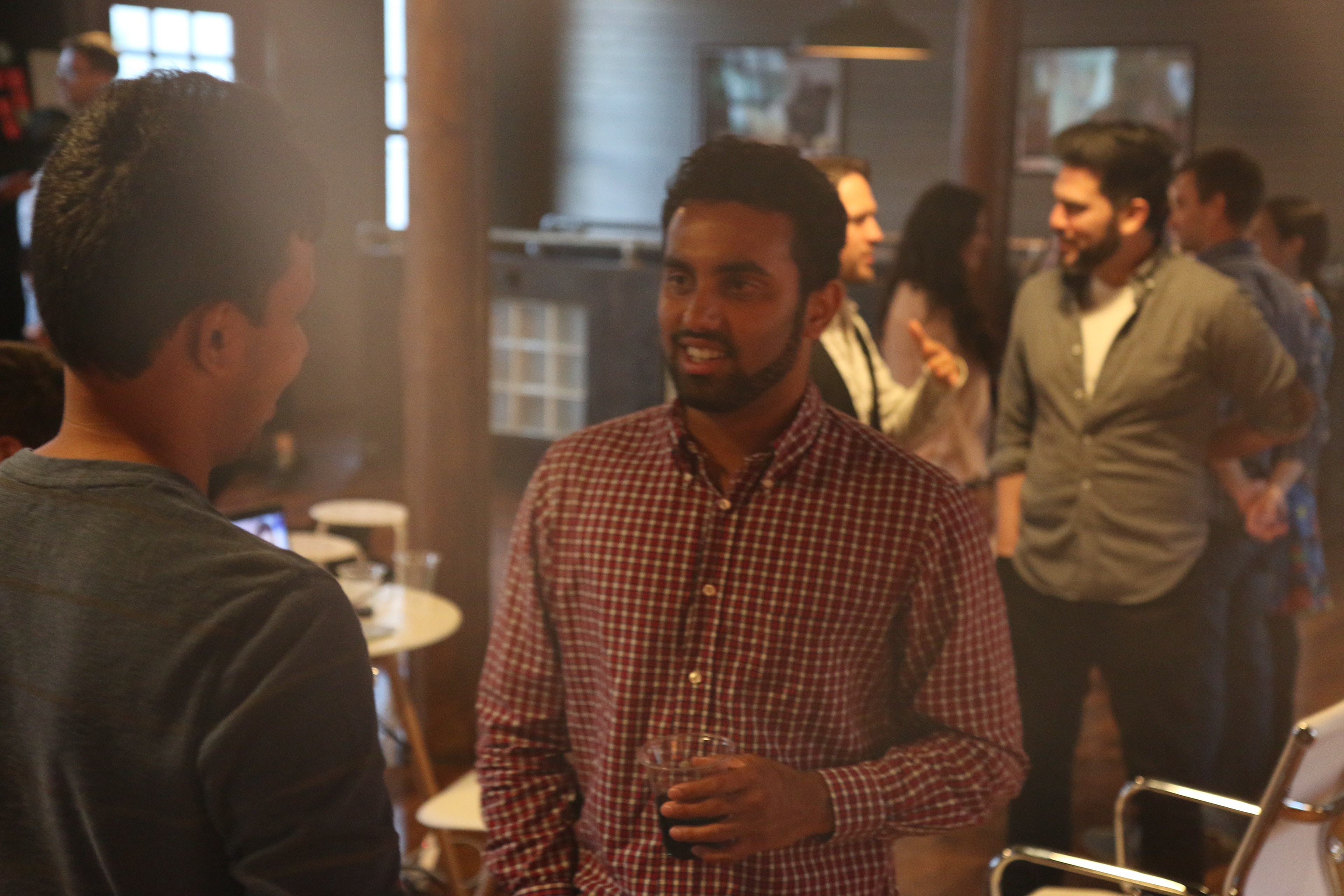
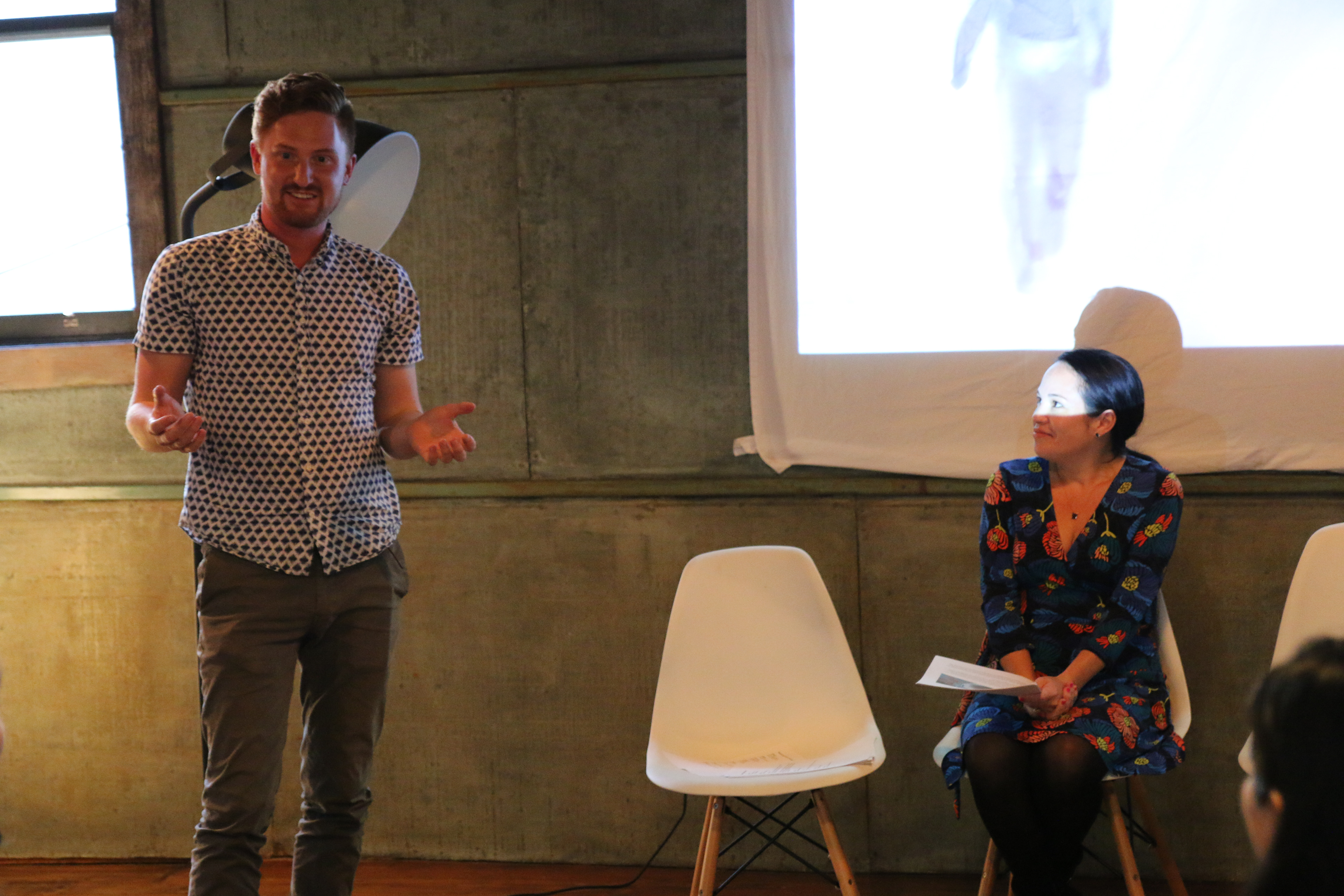
Discussion was led by our panelists:
Dr. Sophia Yen, Clinical Associate Professor of Pediatrics in the Division of Adolescent Medicine at Stanford Medical School
Alexandra Whittington, Foresight Director at Fast Future publishing
Matt Bell, Design Partner at DxLabs
Crystal Cassidy, VP of Operations at Net32
